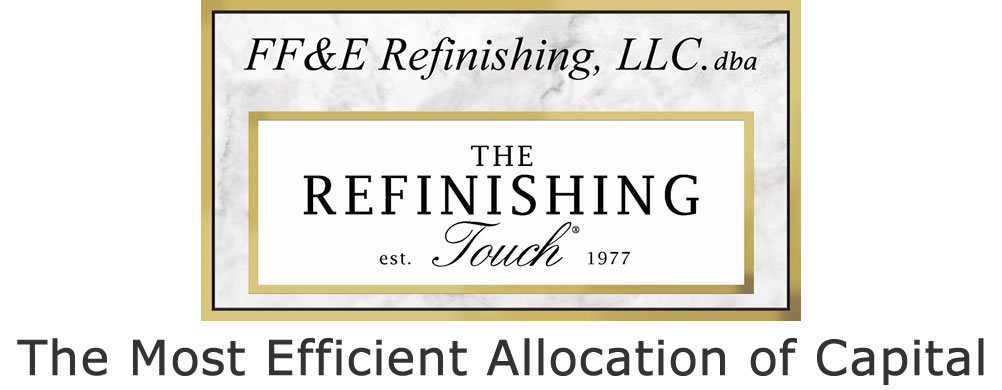Welcome back to our blog poll wrap-up. This week, we take a look at our reader’s thoughts on the government sector – one of three industries we spend a lot of time completing refinishing, remanufacturing and reupholstery projects for, in addition to the hospitality and education sectors.
 Back in January we asked our readers, ‘With the new year upon us, do you feel sustainability in government buildings will improve?’ Surprisingly, readers seemed torn and the responses were split 50/50 – with half of you saying yes, sustainability will improve, and the other half saying no.
Back in January we asked our readers, ‘With the new year upon us, do you feel sustainability in government buildings will improve?’ Surprisingly, readers seemed torn and the responses were split 50/50 – with half of you saying yes, sustainability will improve, and the other half saying no.
These responses begged the question – why? With many new initiatives underway both federally and on the local level to improve the environmental sustainability of towns, cities and states, we wanted to know why citizens themselves felt one way or another.
To learn more, we asked a follow up question last week: ‘Would a more sustainable local government persuade you to behave in a more eco-friendly manner?’ The responses here were also divided. One-third of you said yes, awareness is key to action, one-third said no, and the remaining third were not sure. While this may be due to many different factors, we were glad to hear a diversity of responses.
At The Refinishing Touch, we’re big supporters of the environment and have worked to improve the sustainability of many government facilities through furniture asset management. By choosing our low-VOC lacquers and eco-friendly materials, government facilities managers have reduced carbon emissions and landfill waste by refinishing and remanufacturing assets compared to buying new. Furthermore, furniture asset management services to publicly-owned buildings has saved taxpayers up to hundreds of thousands of dollars – and this gives us reason to feel optimistic about the year ahead for sustainability in this sector.
What are your thoughts on sustainability trends in the government sector? Do you think this year will see improvements? Let us know your thoughts on Twitter by tweeting us at @RefinishTouch.


